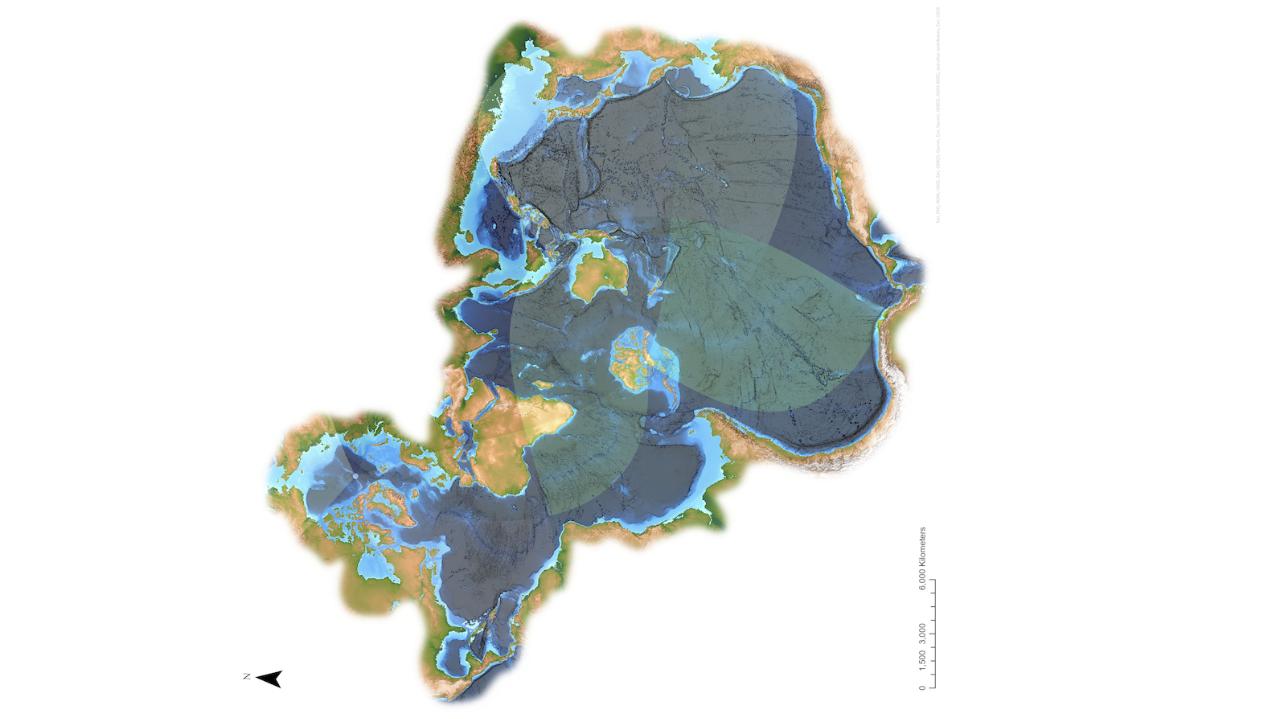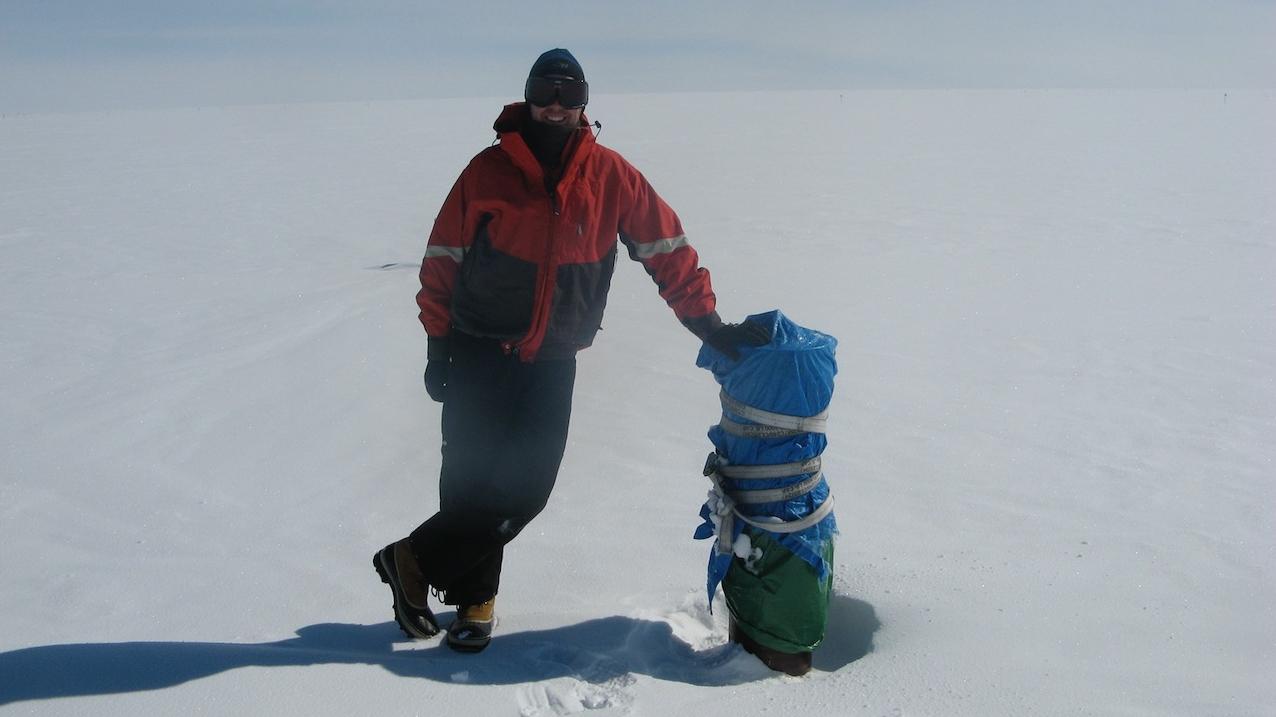David Schneider
CIRES Research Scientist III
- Ph.D., Earth and Space Sciences and Program on Climate Change, University of Washington
- M.S., Earth and Environmental Sciences, University of Pennsylvania
- B.A., Geology, Carleton College
Research Interests
Dr. David Schneider is a polar-focused Earth system scientist with expertise in ice sheet-atmosphere-ocean interactions, large-scale climate dynamics, Earth system modeling and regional climate change. He has held several unique roles, ranging from participant in ice coring traverses across West Antarctica to director of the NSF NCAR Climate Data Guide. The ice coring led to skillful reconstructions of climate variations in the Amundsen Sea region, one of the most dynamic yet unobserved regions on the planet, where the Florida-sized Thwaites Glacier threatens several feet of global sea level rise. The Climate Data Guide has supported innovative research by guiding millions of readers to selecting and understanding the best data for their needs.
Schneider's peer-reviewed work integrates data from Earth system models, observations and paleoclimate records to document and attribute past climate variations, expose weaknesses in our models or understanding, and make informed predictions of future climate impacts. By transforming narratives about predictable climate signals and freeing public data and related knowledge from information silos, his work aims to help interconnected human, natural and economic systems build resilience.
Research Categories
Atmosphere, Climate and Weather, Cryosphere, OceansResearch Images
to
Invalid date -Sponsors
-
Invalid dateP.I.(s)
About CECA
CECA connects and creates a supportive environment for graduate students and postdocs who come from various academic units to do research in CIRES.

